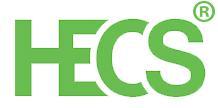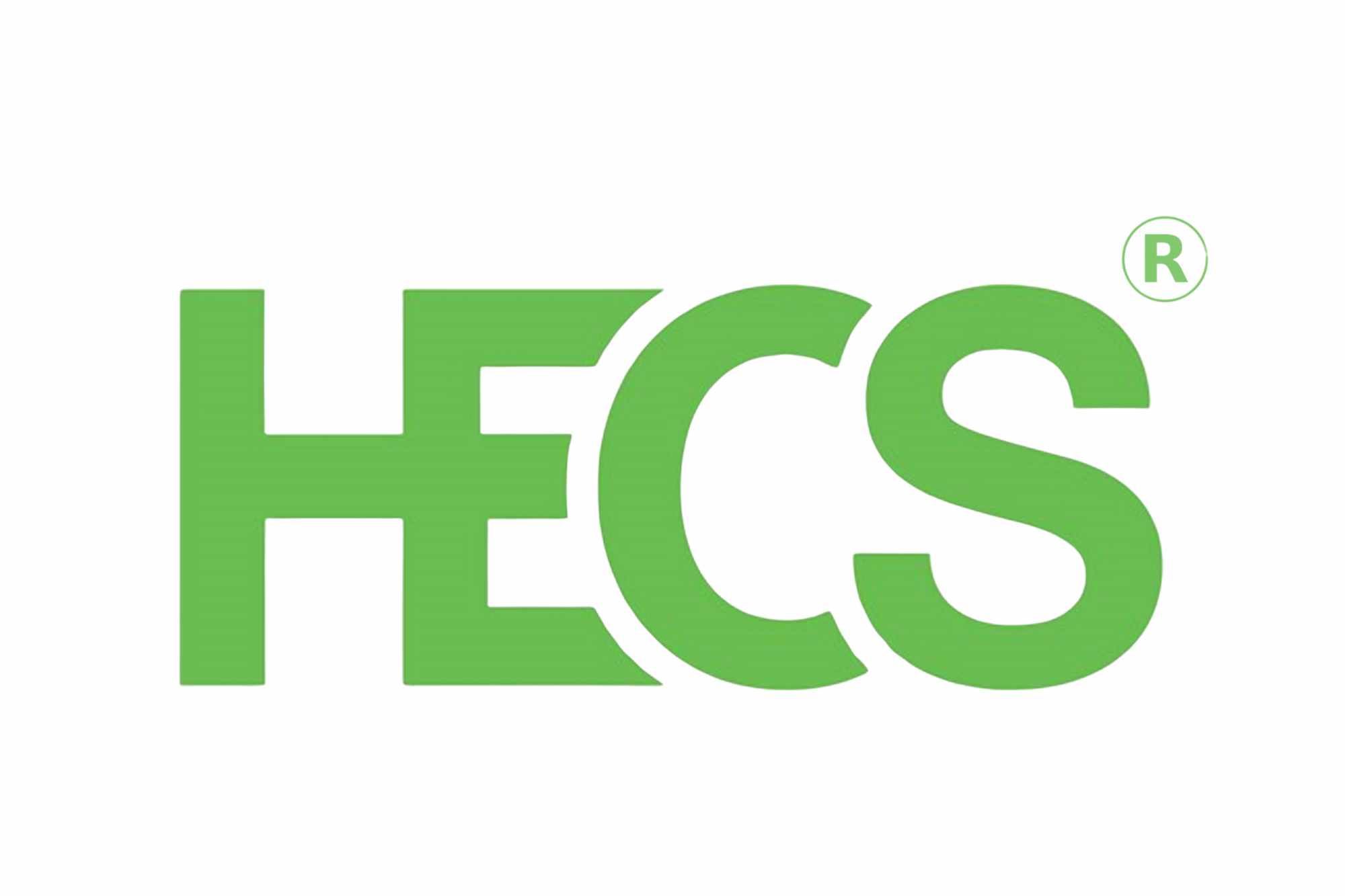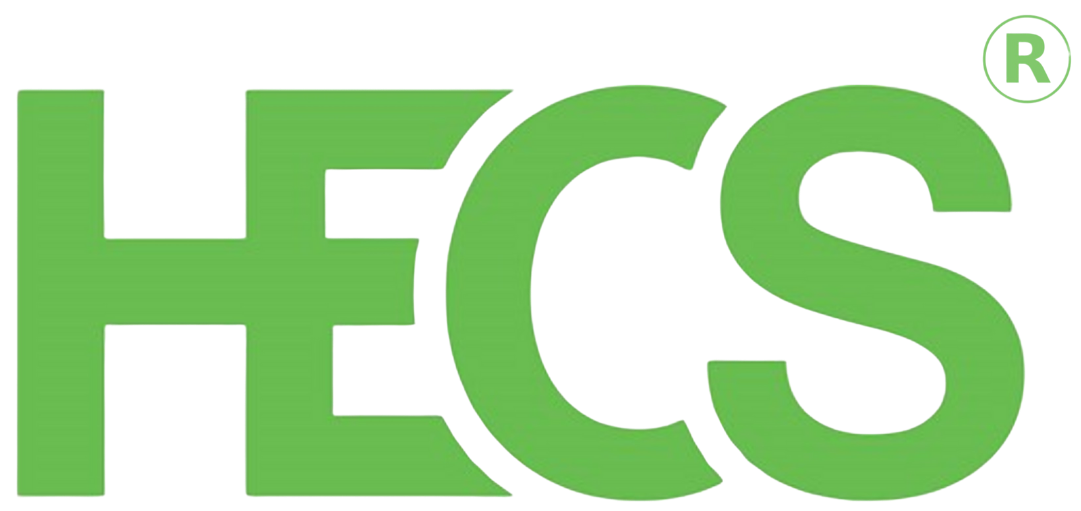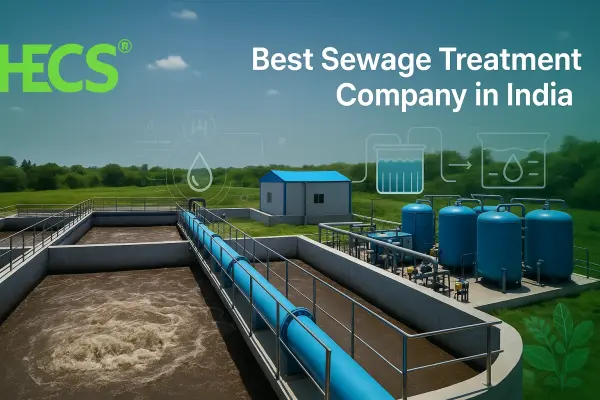
How to Simplify Your Environmental Compliance in 2025?
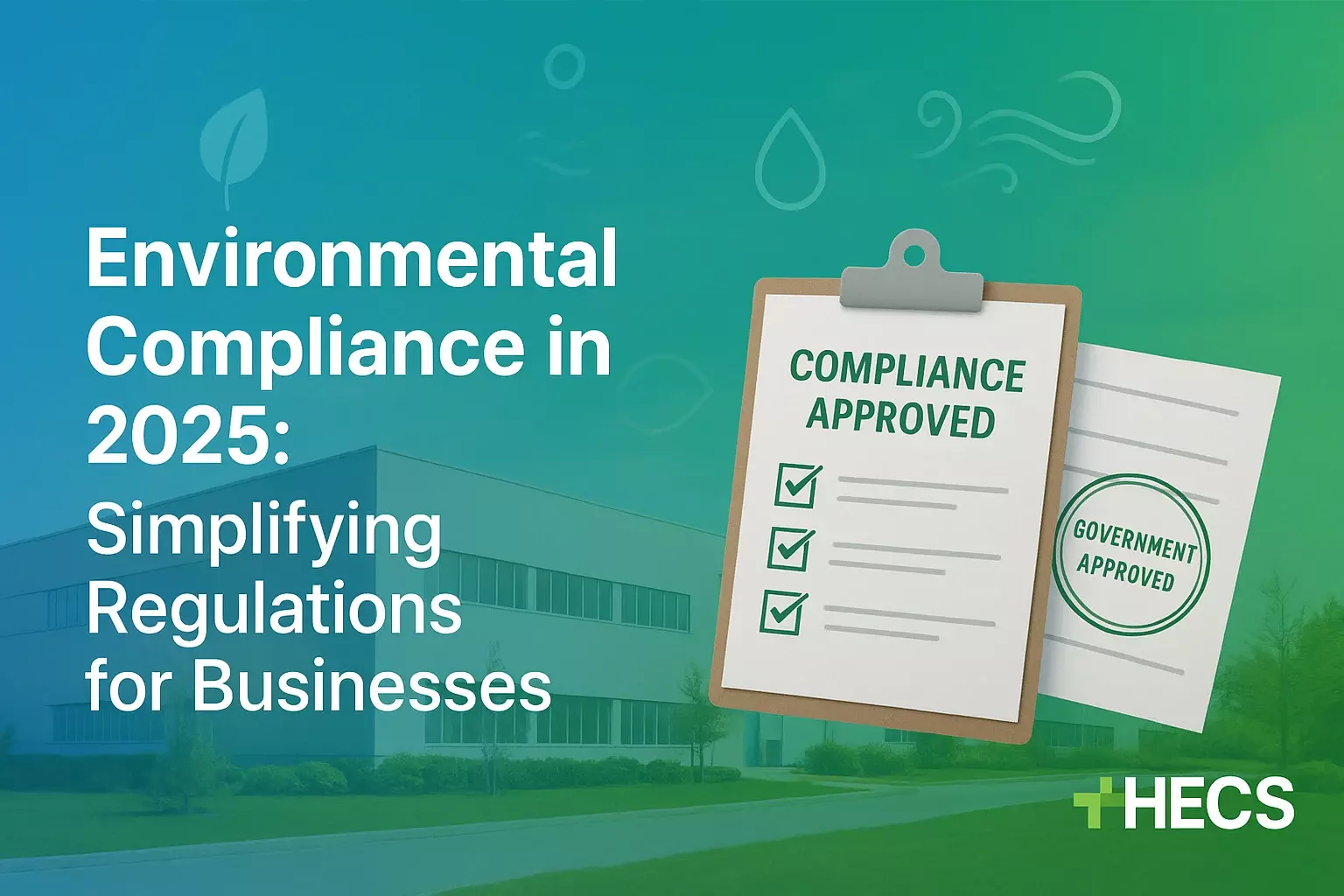
Environmental Compliance
Environmental compliance has become one of the top priorities for businesses in 2025. With stricter environmental regulations in India, rising sustainability demands, and increasing penalties for violations, companies across industries must stay ahead of compliance requirements. Non-compliance with TNPCB guidelines or pollution control board approvals can result in costly fines, legal action, and reputational damage. On the other hand, simplifying compliance builds trust, ensures smooth operations, and strengthens a company’s position as a responsible industry leader.
So, how can businesses simplify environmental compliance in 2025 without getting lost in complex legal frameworks? Let’s break it down step by step.
What is Environmental Compliance?
Environmental compliance means following all the laws, standards, and guidelines designed to protect the environment. For businesses, this involves controlling air and water pollution, managing waste, reducing emissions, and obtaining necessary approvals from the Pollution Control Board.
In India, environmental compliance is regulated by authorities like the Ministry of Environment, Forest and Climate Change (MoEFCC) and state boards such as the State Pollution Control Board (SPCB).
Industries such as manufacturing, construction, real estate, and infrastructure are directly impacted. Compliance ensures that projects run smoothly, avoid delays in permits, and contribute positively to sustainability goals. In short, environmental compliance is not just about meeting regulations—it’s about protecting communities, the environment, and business continuity.
Challenges Businesses Face in 2025
While the importance of compliance is clear, businesses often face challenges in keeping up with ever-changing rules. Some of the biggest hurdles in 2025 include:
Complexity of regulations: Environmental regulations in India 2025 have evolved with stricter standards for industries, making it difficult for companies to stay updated.
State-specific norms: For example, TNPCB guidelines 2025 may differ from requirements in other states, creating confusion for companies operating across multiple regions.
Documentation & approvals: Securing CTE (Consent to Establish), CTO (Consent to Operate), and conducting an EIA (Environmental Impact Assessment) requires detailed reports, continuous monitoring, and interaction with multiple authorities.
Monitoring pollution levels: Ensuring wastewater treatment compliance and adhering to air and water pollution regulations requires proper technology and skilled manpower.
These challenges can overwhelm businesses if they don’t adopt a streamlined approach.
How to Simplify Environmental Compliance in 2025?
The good news is that environmental compliance doesn’t have to be complicated. By following structured steps, businesses can ensure smooth compliance and focus on growth.
1. Stay Updated with Latest Regulations
Keep track of updates from MoEFCC and state boards. Subscribe to notifications, attend workshops, and monitor changes in SPCB guidelines to avoid missing critical updates.
2. Use Digital Platforms
Government portals like PARIVESH (for EIA applications) and OCMMS (Online Consent Management & Monitoring System) have made it easier to file approvals, track progress, and submit documents digitally. Businesses can save time and reduce errors by using these platforms.
3. Partner with Environmental Consultants
Compliance experts help companies navigate complex rules, prepare accurate documentation, and conduct audits. By outsourcing compliance, businesses reduce risks of errors and ensure timely approvals.
4. Conduct Regular Audits & Monitoring
Routine environmental audits help detect compliance gaps before they escalate. Installing continuous emission monitoring systems (CEMS) and water quality monitoring units ensures real-time data collection, helping businesses stay proactive.
5. Adopt Technology & Automation
Advanced technologies like AI in sewage treatment plants (STPs), IoT-based pollution control devices, and automated reporting tools simplify compliance and reduce manual errors. Businesses that embrace smart systems gain a competitive advantage in sustainability and compliance.
Best Practices for 2025
Compliance should not just be a checklist—it should be integrated into business strategy. Here are some best practices:
Go beyond compliance: Instead of only meeting minimum requirements, adopt green business practices such as energy efficiency, zero liquid discharge, and renewable energy usage.
CSR alignment: Link environmental compliance efforts with corporate social responsibility initiatives. This strengthens brand image and builds trust among stakeholders.
Eco-friendly cost savings: Sustainable practices like recycling, rainwater harvesting, and efficient wastewater treatment reduce both environmental impact and operational costs.
By following these practices, companies build a reputation as sustainable leaders while ensuring long-term compliance.
Why HECS is the Best Environmental Compliance Partner in India?
Environmental compliance in 2025 may seem challenging, but with the right approach, it can be simplified. Staying updated with regulations, using digital tools, engaging experts, and adopting eco-friendly technologies ensures smooth compliance while strengthening your brand’s sustainability goals.
Instead of viewing compliance as a burden, businesses should see it as an opportunity to build trust, reduce risks, and grow responsibly. For organizations that want complete peace of mind, partnering with the top environmental company in India makes all the difference.
At Hubert Enviro Care Systems (HECS ), we are recognized as one of the best environmental compliance consultants in India, providing end-to-end support in environmental permits, SPCB approvals, EIA studies, and compliance management. With decades of expertise and innovative solutions, we help industries simplify compliance while driving sustainable growth.
Choosing the right partner today ensures your compliance journey is stress-free and your business is prepared for a greener, safer tomorrow.
Share this post:
